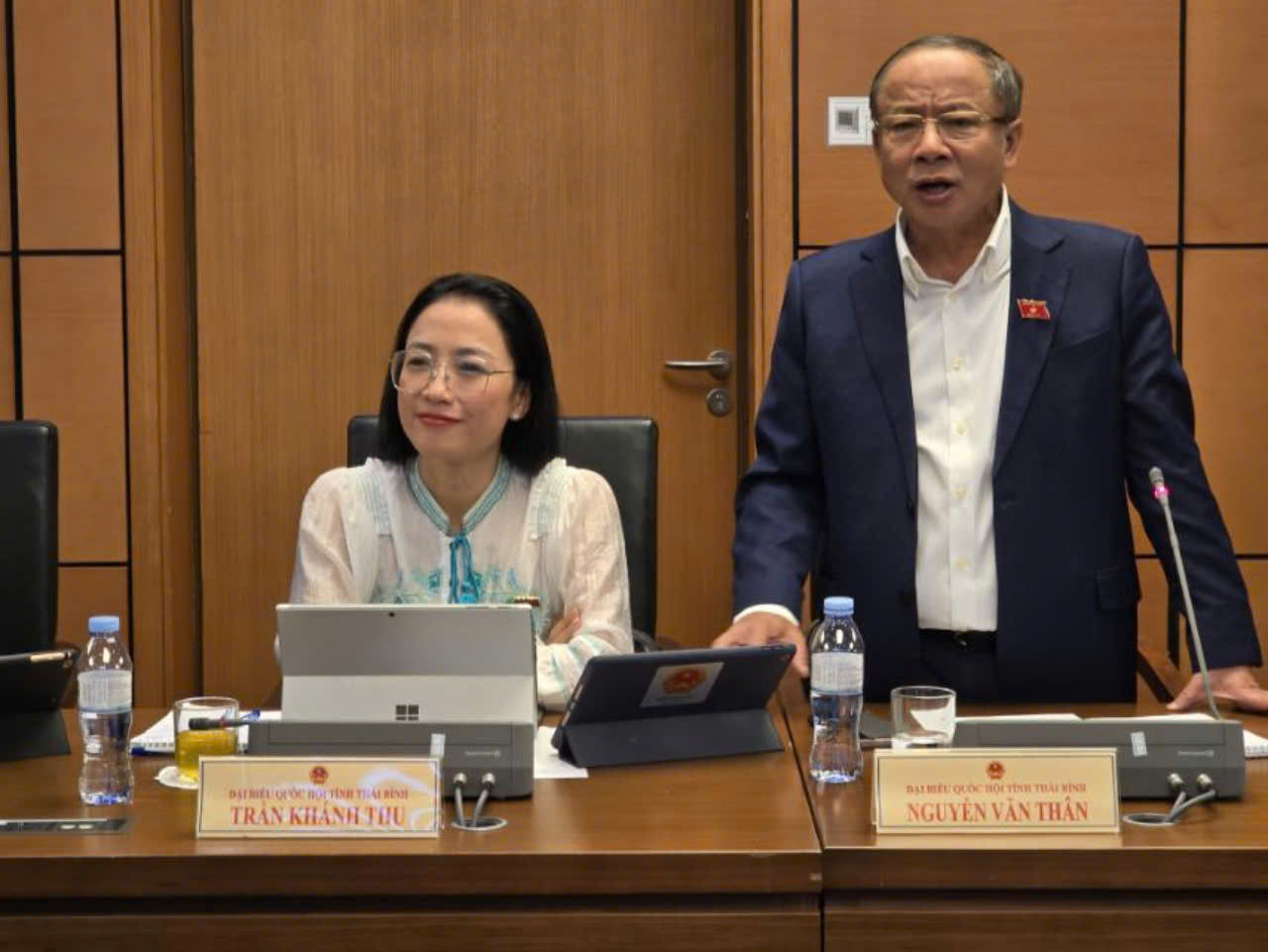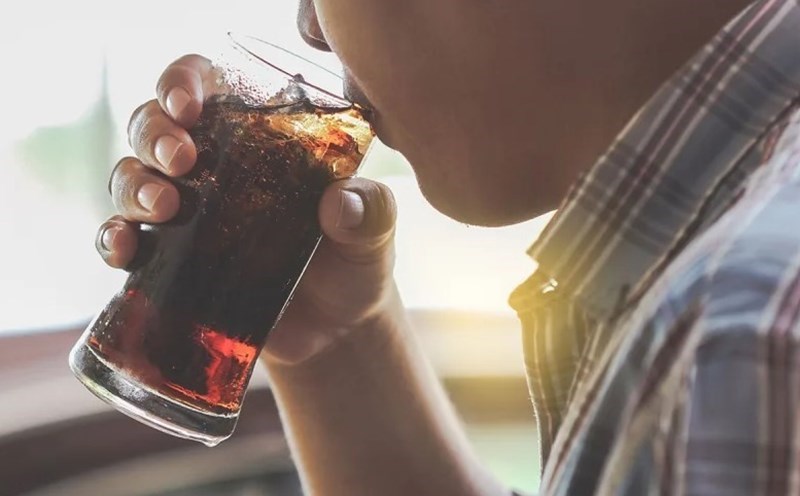Joss paper and plastic bags should be subject to special consumption tax.
On the morning of November 22, the National Assembly held a group discussion on the draft Law on Special Consumption Tax (amended).
Discussing in the group, delegate Duong Minh Anh (Hanoi City Delegation) expressed his high agreement with the proposal to make votive paper and votive goods subject to special consumption tax. Because the burning of votive paper by people is becoming more and more popular, seriously affecting the environment and causing great waste.
Currently, the fine dust index in big cities including Hanoi is rising very high, greatly affecting people's health.
Therefore, in addition to measures such as propaganda and mobilizing people to reduce the burning of votive paper, the measure of increasing special consumption tax on this item aims to gradually change people's behavior of burning votive paper, contributing to reducing emissions that cause environmental pollution.
Similarly, delegate Duong Minh Anh also suggested that the drafting committee should review and add items such as plastic bags, herbicides, and pesticides to the list of items subject to special consumption tax because these are items that have a major impact on the environment and are harmful to people's health.
Should we relax the pressure of increasing special consumption tax on alcohol and beer?
Discussing in the group about the draft Law on Special Consumption Tax amendment, delegate Tran Thi Hien (Ha Nam delegation) said that it is necessary to put the alcoholic beverage industry into the supply chain and value chain of the whole economy in general to assess the impact comprehensively.
In fact, the wine and beer industry is directly related to supporting industries such as packaging, packaging, transportation and indirectly related to the tourism and culinary fields.
It is necessary to estimate how other industries will be affected by the proposed tax increase and roadmap. Can this impact be offset by special consumption tax revenue, or reduce social pressure and medical burden?
According to delegate Tran Thi Hien, the goal of reducing alcohol and beer consumption to protect people's health is extremely necessary. However, to realize this goal through tax policy, it is necessary to have thorough research and extensive assessment, not just purely relying on recommendations from international organizations to build laws.
"Therefore, we recommend that the Government and the Ministry of Finance have a more specific impact assessment before proposing any tax increase and tax increase roadmap," delegate Tran Thi Hien suggested.

Sharing the same view, delegate Nguyen Van Than (Thai Binh Delegation) said that beer and wine should not be combined according to the draft law, "wine is wine, beer is beer".
According to this delegate, beer is a soft drink, and taxing it has a great impact on other sectors, especially businesses.
“To produce a drop of beer, we need a lot of support from other supporting industries, not to mention that this sector contributes a lot to the budget. Alcohol and beer companies have recently seen their revenue "sprout" a little after the COVID-19 pandemic. In my opinion, we should apply option 1 as proposed by the bill, and delay it until 2027,” emphasized the delegate of Thai Binh.











